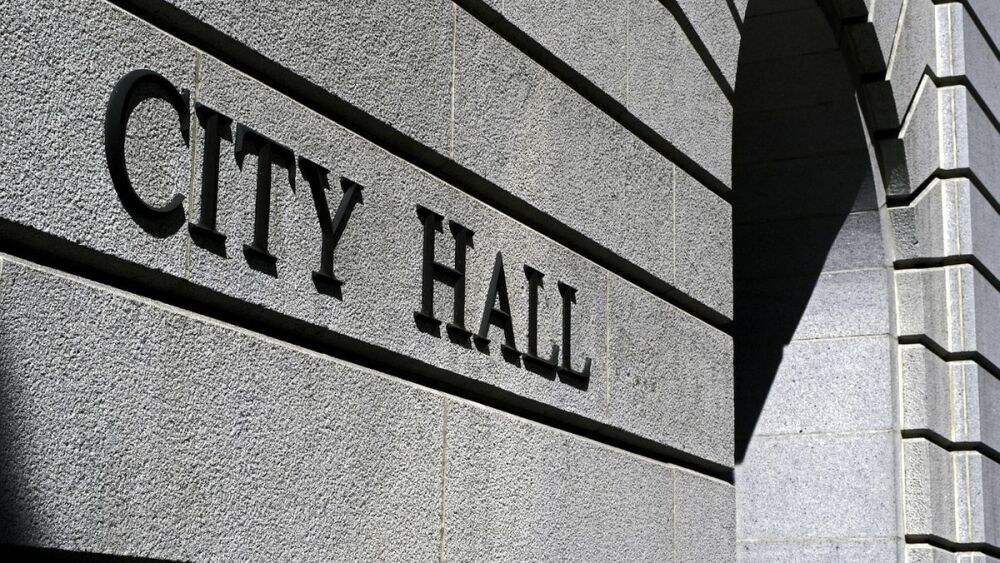By Andrew Giambrone
The Atlantic
The recent debate over the NSA’s surveillance policies shows just how much Americans care about privacy—perhaps on an unprecedented scale. “This is the power of an informed public,” Edward Snowden wrote of Congress’s decision this month to limit the agency’s data-collecting power. “With each court victory, with every change in the law, we demonstrate facts are more convincing than fear.”
But when it comes to the future of education in the United States, what if Americans’ privacy concerns are hindering the constructive use of data, from customized student learning to better teaching performance? That’s the tension behind a growing body of education research by private companies, academics, and nonprofits alike.
McKinsey’s Education Practice, for one, published an article in April that considered the pros and cons of data in schools. Citing an earlier McKinsey report, the authors argued that using student data could feed between $900 billion and $1.2 trillion into the global economy each year. More than $300 billion of that value could result from improved teaching, while other benefits could arise from more efficiently matching students to jobs and programs, estimating education costs, and allocating resources to schools, according to the report.
Read full coverage here.


